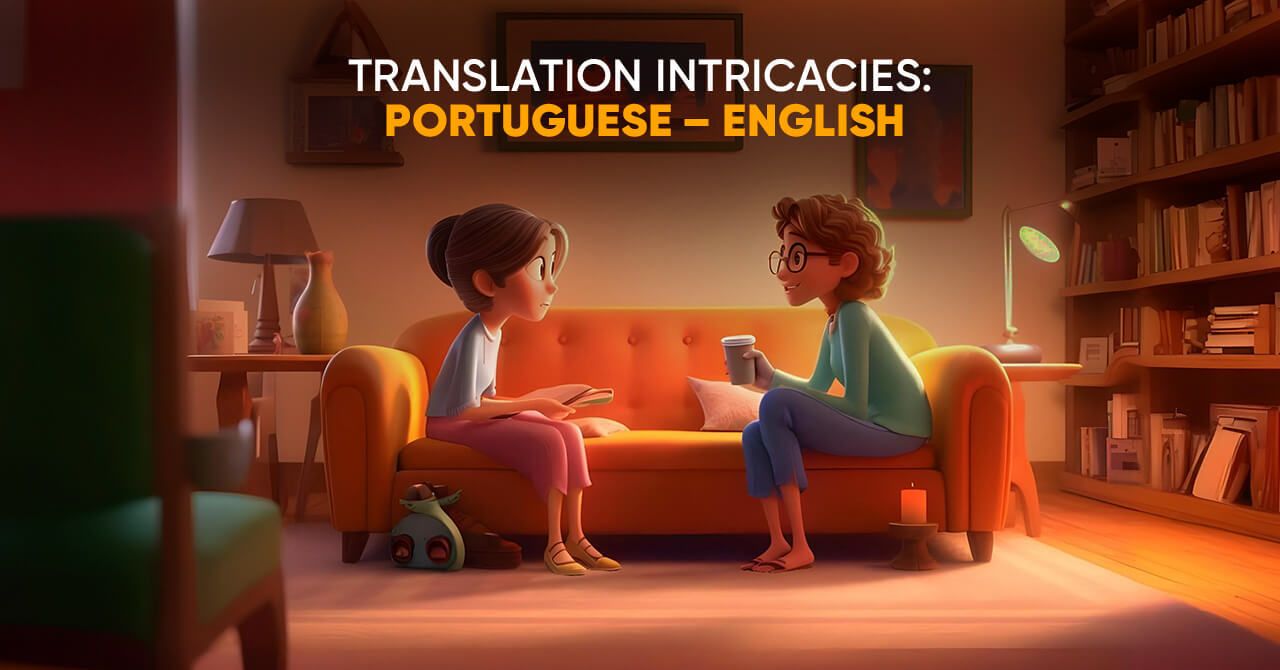
Portuguese Active Sentences That Can Be Translated Into English Only in Passive
Many important everyday sentences in Romance languages (descendants of Vulgar Latin), such as French, Italian, Spanish, and Portuguese, can only be structured in the passive voice and NEVER occur in the active voice when translated into English. This difference occurs because English doesn’t use reflexive or active constructions to describe actions that impact a person indirectly as much as Latin languages.
Unfortunately, as far as I know, there are not any established rules to preview when a sentence can only be passive in English. However, to facilitate the lives of English students, there is also good news: these sentences are usually very logical! Actually, they are so logical that they might even make you think they make more sense than their active voice equivalent in your native Romance language.
If so, let’s go to the examples. For the comparisons, I have picked some sentences in Brazilian Portuguese that always use the active voice. Check them out:
Let’s start with a very important one. I confess I was already fluent in English when I realized I had always said it wrong: “Cortei meu cabelo” literally means “I’ve cut my hair.” In English, people say “I’ve got my hair cut.'” If we stop to think for one second, we should realize we don’t usually cut our own hair (except if you are a young kid with scissors and your caregivers are distracted, of course). See it? The English translation is way more logical!
Let’s check some other examples:
- “Pintei minhas unhas” literally means “I painted my nails.” In English, it becomes “I had my nails painted.”
- “Fiz meu cabelo” literally means “I made my hair.” In English, people will say, “I had my hair done.”
Unfortunately, other sentences are not always that logical, depending on the situation:
English: I had the car tires changed.
Portuguese: Troquei os pneus do carro. (I changed the car tires.).
Maybe you changed them by yourself, maybe not.
English: I had the car washed.
Portuguese: “Lavei o carro” (I washed the car). Depending on the person’s life context, washing their own can be more frequent than having it washed by someone else.
There are many more interesting things about Portuguese. Just start learning it.
I am a 31-year-old from Rio de Janeiro. I am a culture-lover and polyglot,, and I have been teaching languages for 7 years.

